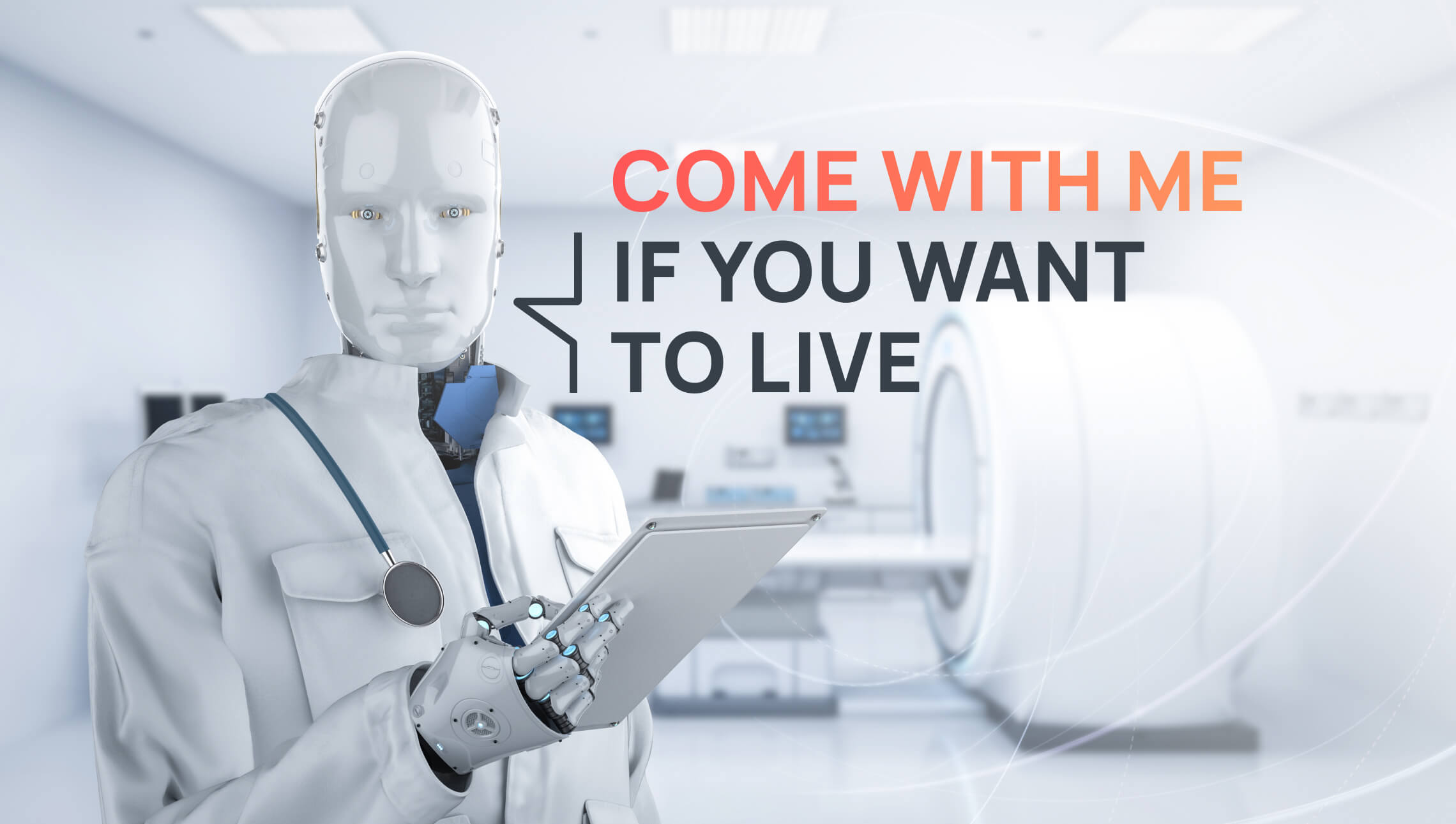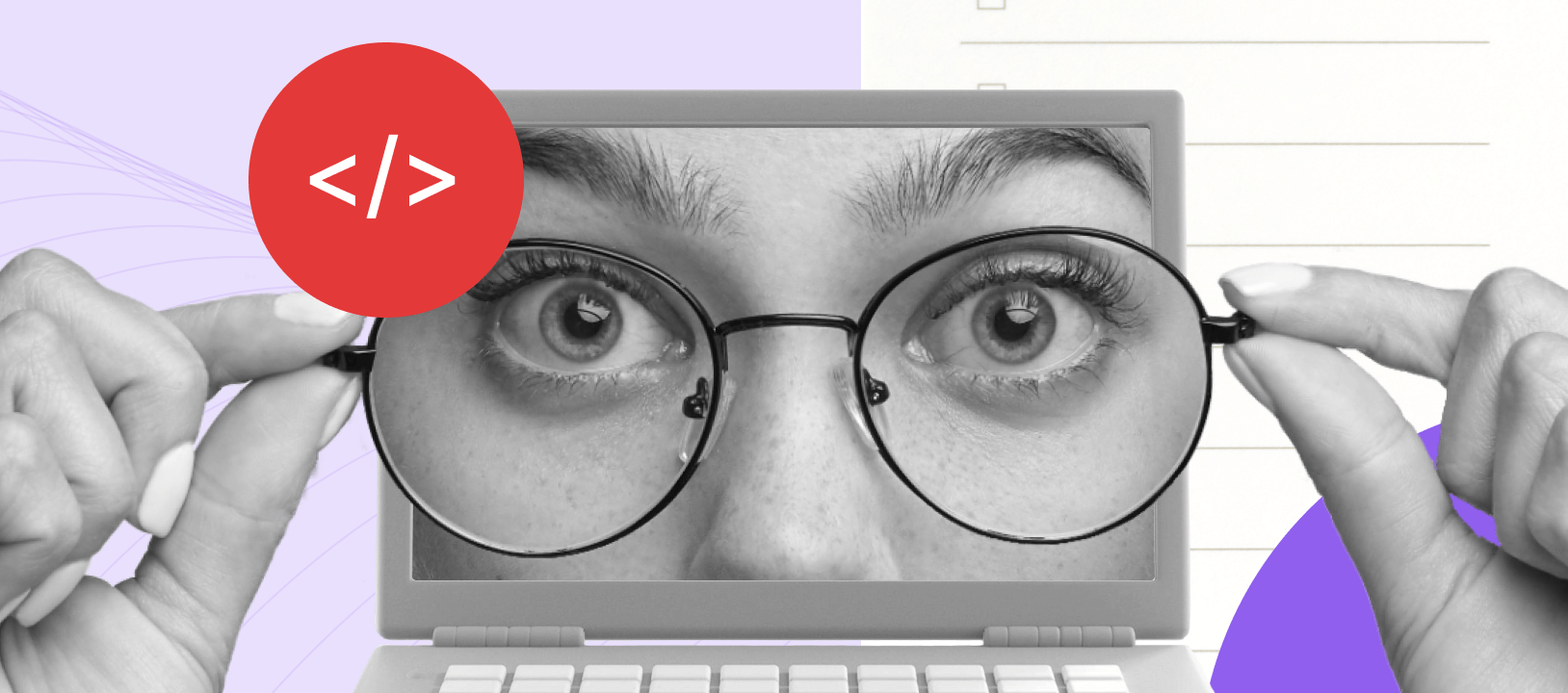As high-tech solutions in healthcare are becoming more available, a hospital as we know it is getting more intelligent, more flexible, more patient-centered, and more doctor-friendly than ever. AI automation and data analysis tools provide medical professionals and administrative staff with everything they need to deliver safe, effective, informed, and personalized care. Read on to learn about 4 main benefits technology brings to hospitals.
Automated Record Keeping
Technology is making electronic health records (EHR) more intelligent and physician-friendly than ever. When equipped with cutting-edge machine learning algorithms, such systems can transfer paper forms into an online format by quickly recognizing and scanning handwritten documents. More advanced solutions powered by natural language processing (NLP) can even convert doctor-patient oral conversations into written texts automating patient information collection thus saving physicians a ton of precious time for more critical issues.
Streamlined Hospital Patient Flow
Lack of visibility into patient throughput can lead to long waiting lines and slight delays in care delivery at best and poor health outcomes and medical errors at worst. Inefficient and chaotic patient flow management is also one of the major reasons for physician burnout, especially when hospitalization rates and in-person visits are on the rise.
That’s why streamlining patient flow management is a priority of any medical facility. Fortunately, thanks to machine learning it’s easier than ever. Modern systems can offer a wide array of possibilities for healthcare professionals and administrators. Based on analysis of clinical data, they can anticipate patient flow, including seasonal influxes, predict bed availability, automate operating room scheduling, stratify patients based on their condition, make informed decisions about transfers and discharge, and much more. The use of such solutions is becoming a necessity for any high-tech hospital seeking to ease the burden on physicians and administrative staff, reduce manual processes, eliminate human error, ensure proper resource allocation, and promote informed decision-making.
This is precisely the kind of challenge that our custom Care Management Platform is designed to address. It helps healthcare providers to coordinate care, automate scheduling and manage patient journeys more efficiently, all through a centralised digital solution.
Faster and More Accurate Disease Diagnosis
Disease diagnosis tools powered by machine learning are undoubtedly one of the most exciting and game-changing applications of AI in healthcare. Scientists exploit the ability of technology to find complex patterns in data and interpret them to detect illnesses and conditions that are often overlooked or hard to catch otherwise. By incorporating such solutions into daily workflow physicians can make early diagnoses and start treatment timely to avoid possible complications and improve overall patient outcomes. A prime example of this diagnostic transformation is the Automatic Reflex Diagnostics System from Softarex, which showcases the potential of AI-driven pattern recognition in clinical practice. This innovative solution processes reflex measurement data to reveal hidden patterns in the human body that indicate disease. This enables physicians to identify probable pathologies of internal organs and systems at a remarkably early stage.
One of the areas that benefit the most from AI is oncology. Modern tools can interpret medical images, determine how often a patient should get screened, identify precancerous lesions, accurately diagnose cancer in patients with symptoms, and aid physicians in choosing the right treatment strategy.
For more in-depth insights into how artificial intelligence is transforming healthcare delivery and pharmaceutical innovation, download our comprehensive eBook The AI Revolution in Healthcare and Pharmaceuticals. This resource explores cutting-edge applications, real-world case studies, and future trends that are shaping the industry’s digital transformation.
More Precise, Safer, and Rapid-Recovery Surgery
Another area of hospital care that’s becoming smarter thanks to high-tech solutions is surgery. Healthcare providers are investing in robotic tools to carry out complex procedures with greater precision and safety — from a partial knee replacement and cardiac tumor removal to lung resection and gastric bypass.
Robots provide surgeons with powerful camera eyes for a clearer view of the operating area and a pair of steady mechanical hands for better dexterity and range of motion. A surgeon inserts this equipment into a patient body through tiny incisions and performs an operation by remotely manipulating controls from a computer. The use of this technology helps eliminate the risk of infection, minimize blood loss and pain, reduce patient hospital stay and ensure a faster recovery.
Robotic surgeons are currently used by such healthcare giants as Mayo Clinic, UCLA, and UC Davis Health. And the market for such a solution is forecasted to reach $14.4 billion by 2026 from $6.4 billion in 2021.
Let’s Go High-Tech With Softarex
We believe in the years to come we’ll see high-tech software and healthcare becoming even closer and continuing to reshape hospital care. And we’ll be more than happy to be part of this change!
Softarex is a company with vast experience in healthcare software development. By bringing together expertise in modern technology and best development practices we build intelligent solutions for value-based care, medical scheduling, care management, document management, hospital billing, and more. Check out our portfolio to see all our projects.
If you have any software development needs, feel free to contact us, and we’ll help you with your project.









